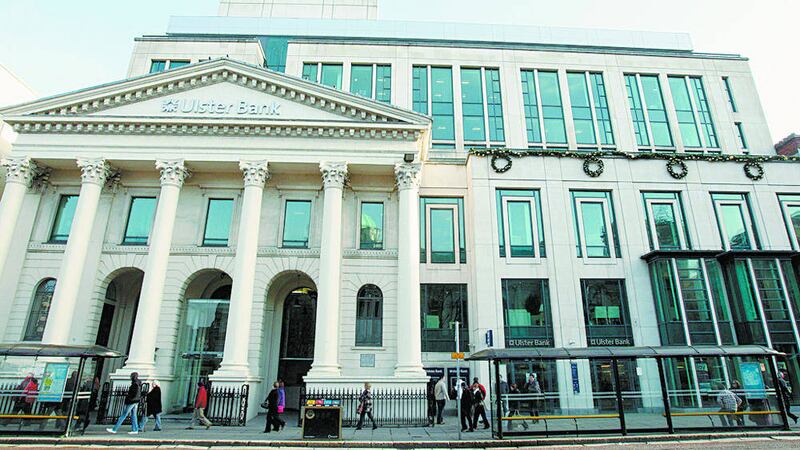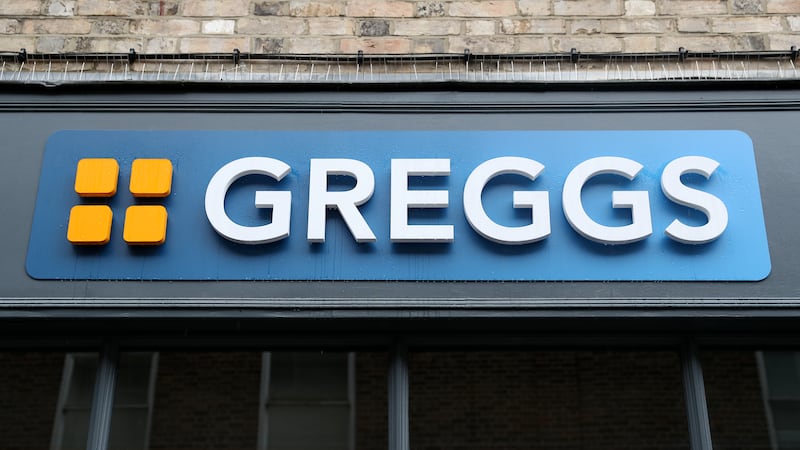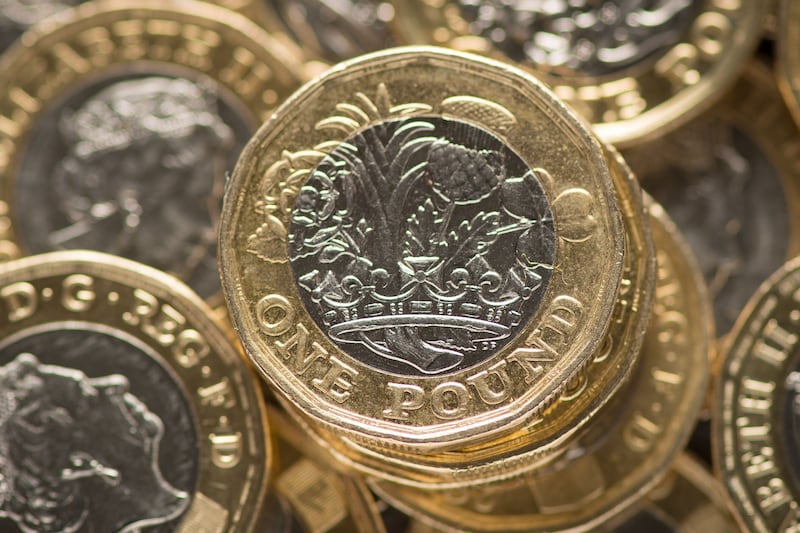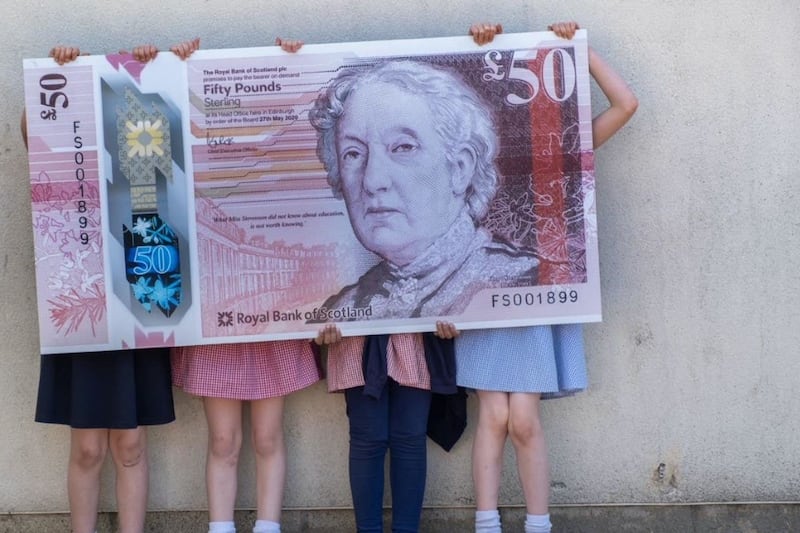THE British government is to start selling off its majority stake in Ulster Bank parent company Royal Bank of Scotland (RBS).
Chancellor George Osborne said the "decision point" on the bailed-out bank had been reached after an independent review concluded the loss to the taxpayer would be more than offset by the profits on other bank share sales, including its stake in Lloyds Banking Group.
The move has been backed by Bank of England governor Mark Carney, who warned that delaying the start of the sale could lead to the taxpayer losing even more.
It comes after the then Labour government injected £45.5 billion into RBS - taking a 79 per cent stake in the bank - to prevent its collapse in the wake of the crash of 2008.
In his annual Mansion House speech to the city, Mr Osborne said the size of the government's holding meant that the sell-off would take "some years" to complete.
While the complexity meant that the first offering - to take place in the coming months - would be to financial institutions only, he said future disposals could include ordinary investors.
An independent review by Rothschild advised that if the RBS shares were sold in one go at their price on June 5, the loss to the taxpayer would be about £7.2bn.
That compares with an estimated overall profit of more than £14bn if all the government's remaining bank shares were sold, against a forecast loss of £20bn to £50bn at the time of the bailouts.
Mr Osborne said: "In the coming months we will begin to sell our stake in RBS. It's the right thing to do for British businesses and British taxpayers.
"Yes, we may get a lower price than Labour paid for it. But the longer we wait, the higher the price the whole economy will pay."








